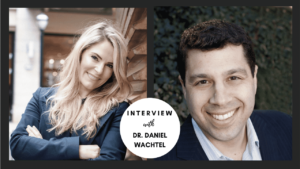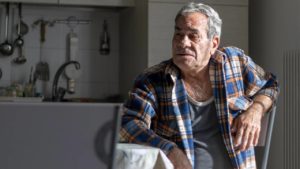Today, I launch the Center for Mental Health and Aging website. As I unveil this exciting website and resource hub, I realize that despite pouring so much of myself into this website, you don’t know much about me.
So, today as I celebrate the launch of the Center for Mental Health and Aging, I’m sharing a little bit more about myself, and some of the very personal experiences in my own life that have led me to creating the Center for Mental Health and Aging.
Here’s a peek inside the episode:
- [01:39] I share about my experience being raised by a single mom with no dad.
- [02:40] Learn how school and a local food bank shaped my view of the world.
- [06:27] Stigma and shame about poverty and mental illness resulted in secrecy and hiding my true self.
- [08:49] I did therapy with an older adult who abandoned his children and worked in therapy to process remorse, grief, and loss. As I was helping him, I found healing in my own experience of being abandoned by my “bio dad.”
- [12:40] Learn what keeps older adults out of mental health care and how I aim to change it with the Center for Mental Health and Aging: the “go to” place online for the mental health care of older adults and families.
- [17:54] Calling all licensed mental health providers (therapists, psychiatrists, neuropsychologists) who specialize with older adults >> Claim your profile here.

Regina Koepp’s mom, Bithia Sherman, her 4 brothers (Jonathon Sherman, Israel Sherman, Nicholas Sherman, Victor Sherman), and the trailer they lived just prior to moving into a small apartment.

Regina Koepp (middle) delivering boxes of food to “Care & Share”, the local food bank. The next day Regina and her family received food from this same food bank.

Regina Koepp and her “Big Sister”, Paulette Dwyer, from the Big Brother Big Sister program when they won “Big Sister/Little Sister of the Year” in 1990. Paulette and Regina are still together, more than 30 years later.





